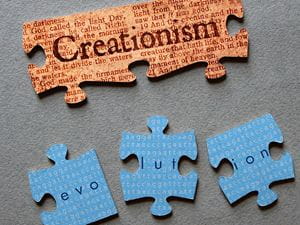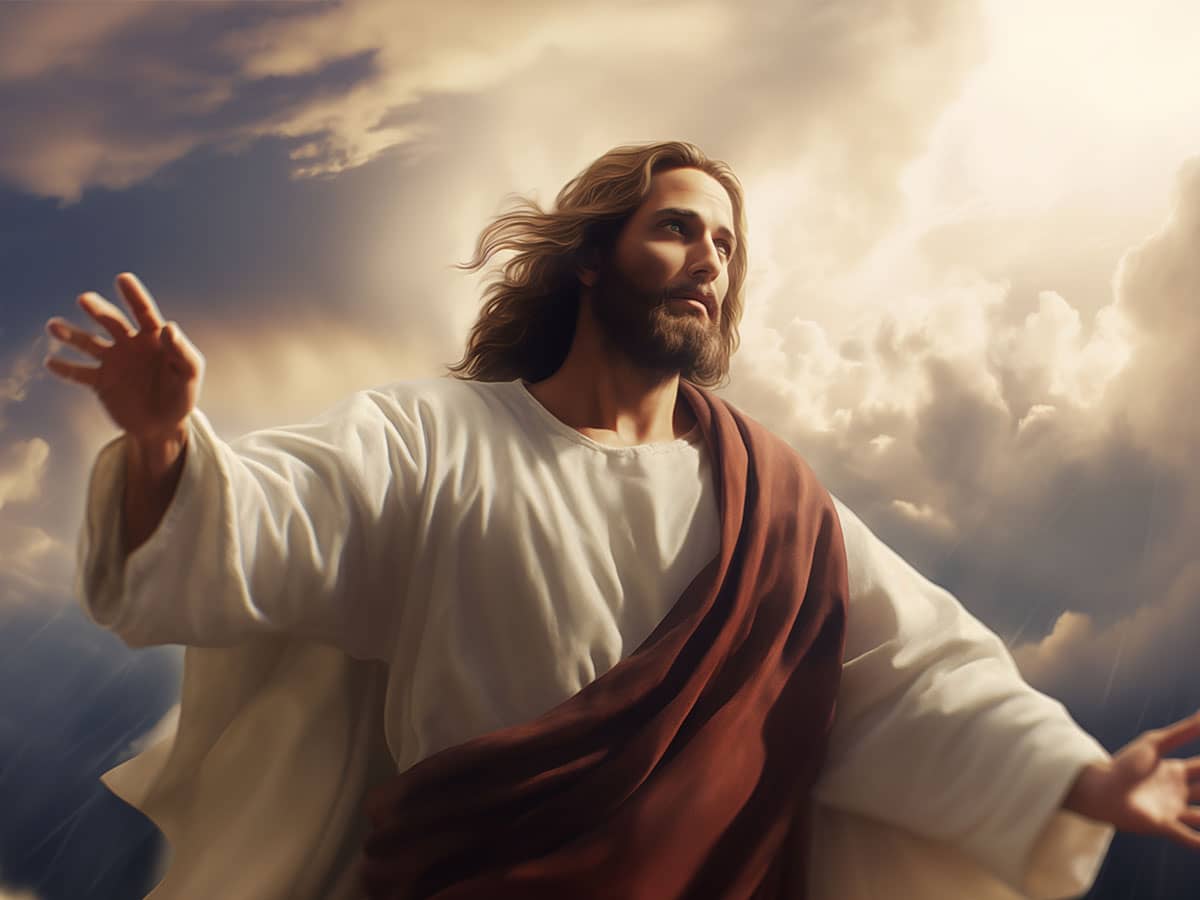
Shutterstock.com
The idea that religion and reason are mutually exclusive is a rather recent phenomenon. Many of the most prominent, influential and revolutionary scientists in history were also proud people of faith. This fact, however, is summarily ignored by both the science and faith contingents. Instead, religion-vs-science debates focus on carefully building up the wall that divides faith and science. Many of the most vocal debaters have a vested interest in avoiding the testimonies of people who have successfully married religion and reason.
When it comes to dealing with the question of religion and science, many people who claim that the two are mutually exclusive actually do a decent job of combining the two. Plenty of “pure scientists” still subconsciously act as if they believe in a higher power and prayer earnestly. Similarly, “pure religionists” still accept that gravity is caused by the Earth, the solar system orbits around the Sun, all chemicals are made of molecules and atoms, two objects of different size will hit the ground at the same time and that the universe is effectively infinite. These are some of the basic tenets of the hard sciences. The basics of the softer sciences, such as psychology and sociology, are generally accepted as well by these people who claim to reject science and live solely by faith. So, where does the science vs. religion, it’s my way or the highway, mutually exclusive monolithic idea come from?
The biggest sticking point for many people who seek to marry science and faith is biology. More specifically, the problem is Darwin’s famous theory of evolution by means of natural selection. The Big Bang theory certainly gets its detractors, and not even all scientists are satisfied by the reigning theories of how life begun, but nothing has been seen as a wedge between faith and science as much as evolution.
The theory of evolution was proposed by Charles Darwin in his famous book “On the Origins of Species” in 1859. Darwin’s theory was two pronged and posited that all life on Earth was connected and related to each other and that the incredible diversity of life that can be found on Earth was caused by the slow but steady changes wrought in each species through natural selection. Evolution is often summarized as “survival of the fittest,” but that concept is greatly misleading. Evolution is about the ability of a species to grow, reproduce and have offspring that reaches reproductive age and has offspring of their own. As such, a rabbit that was eaten by a fox when it was two years old but still had babies, grandbabies and great-grandbabies would be considered more evolutionarily successful than an elephant that lived to be 70 years old but never reproduced or a tiger that lived to be 30 but only had two cubs, neither of which produced offspring. In this case, the rabbit is more evolutionarily successful because its traits, say especially long ears to help hear predators, were passed down and spread into the gene pool. Over time, those extra-long ears may come to be the norm as rabbits that have shorter ears are eaten before they can reproduce while extra-long eared rabbits survive long enough to have offspring. When the long ears become the norm, it can be said that the species of rabbit has evolved. It has changed from what it once was in order to better fit its environment.
Darwin’s theory of evolution rubbed a number of religious conventions the wrong way almost immediately. Most creation stories, after all, show creatures being created exactly as they are seen in the present day. There is no mention of slow but steady change over millions of years. Genesis, for example, states that God simply made all the creatures that filled the world. There is no mention of amphibians becoming terrestrial creatures or of the descendants of dinosaurs becoming birds. There is also, however, nothing that describes what these first creatures look like. The “birds” of Genesis could well have been feathery velociraptors and the “fish” could have been the early hagfish.
The theory of evolution in general meshes without serious problem into Christianity so long as a person does not interpret the Bible completely literally. If a person accepts that a “day” was not necessarily the 24 hour unit of measure that is used today, then there is no reason that God could not have made animals and plants over a “day” that spanned millions of years. The Bible also is silent about whether or not the animals encountered by Adam and Eve remained static since their creation. Again, if a “day” is longer than 24 hours for God, God’s early designs could have continued to shift and change. They could have evolved.
Evolution proposes that natural selection is based in part on the randomization of genes that occurs during reproduction. Each living organism essentially draws twelve cards from a deck and has to play with those cards for the rest of the game. Christians, however, have long accepted that things that look random are not coincidence at all. Natural selection may appear to be randomized, but God is controlling what genes mix and which do not. He is still watching over His creations. Humans simply cannot perceive it. As Einstein said, “God does not play dice.”
There are a number of Christians who would be willing to accept Darwin’s theory of evolution if it only applied to animals and plants. People do not, however, like that it also applies to human beings. Genesis shows that God created Adam and Eve just like all the other animals. Adam and Eve shortly begin to speak and act like modern humans. “Shortly,” however, brings up the question of how long each moment in the creation story really takes. If the Bible is not interpreted literally, those moments between the creation of humans and their speech could be the centuries required for Homo sapiens to develop verbal language.
The compatibility of evolution with Christianity truly depends on how literally a Christian interprets the Bible. Someone who keeps to a strict, purely literal interpretation will not be able to mesh the millennia required for evolution to work with the week-long creation of the universe described in Genesis. A person who takes a slightly more metaphorical stance, however, could easily interpret the days of creation as taking millions if not billions of years each. This would allow for a person to believe in both Darwin’s science and the Bible’s religion and so break down one of the most stubborn barriers in modern thought: that of an us vs. them mentality when it comes to science and religion.

